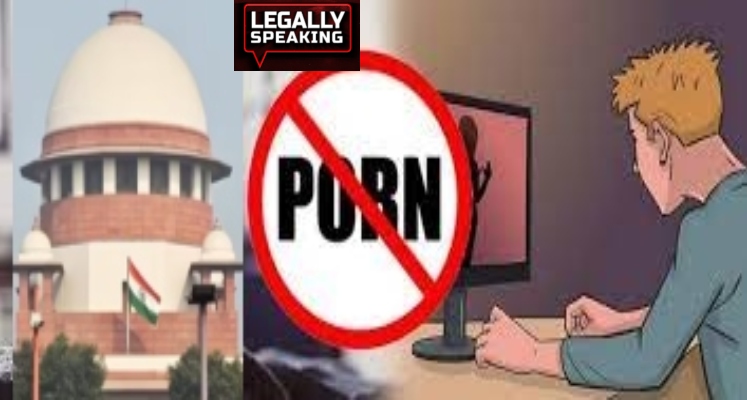
The Supreme Court has agreed to review the Madras High Court’s decision regarding the legality of downloading and possessing child pornography. Chief Justice of India DY Chandrachud, leading the bench, has issued a notice on the petition filed by NGOs Just Rights for Children Alliance and Bachpan Bachao Andolan, represented by senior advocate HS Phoolka.
The petition contests the Madras High Court’s ruling on January 11 this year, which dismissed the FIR and criminal proceedings related to child pornography downloads, stating that such actions are not criminal under Section 67B of the Information Technology (IT) Act, 2000.
Expressing concern over the potential promotion of child pornography and its adverse impact on children’s welfare, the petition argues against the notion that downloading and possessing such material is not a crime. The NGOs assert that this misconception, fueled by the Madras High Court’s decision, could escalate the demand for child pornography and endanger innocent children.
The case arose when Chennai Police, upon seizing the accused’s phone and discovering child pornography, initiated legal action under Section 67B of the IT Act and Section 14(1) of the Protection of Children from Sexual Offences (POCSO) Act.
The petition challenges the Madras High Court’s reliance on a Kerala High Court judgment, arguing that the nature of the present case, involving minors in explicit material, falls within the purview of the POCSO Act. It emphasizes the distinction between mere viewing of obscene content and the involvement of minors in sexual exploitation, urging the court to consider the gravity of the offense.
Highlighting the legal framework’s emphasis on safeguarding children from sexual exploitation, the petition underscores that Indian laws, including the POCSO Act and the IT Act, criminalize the creation, distribution, and possession of child pornography. It emphasizes that even mere possession of such material constitutes a serious offense under various legal provisions, underscoring the importance of prioritizing child protection.




